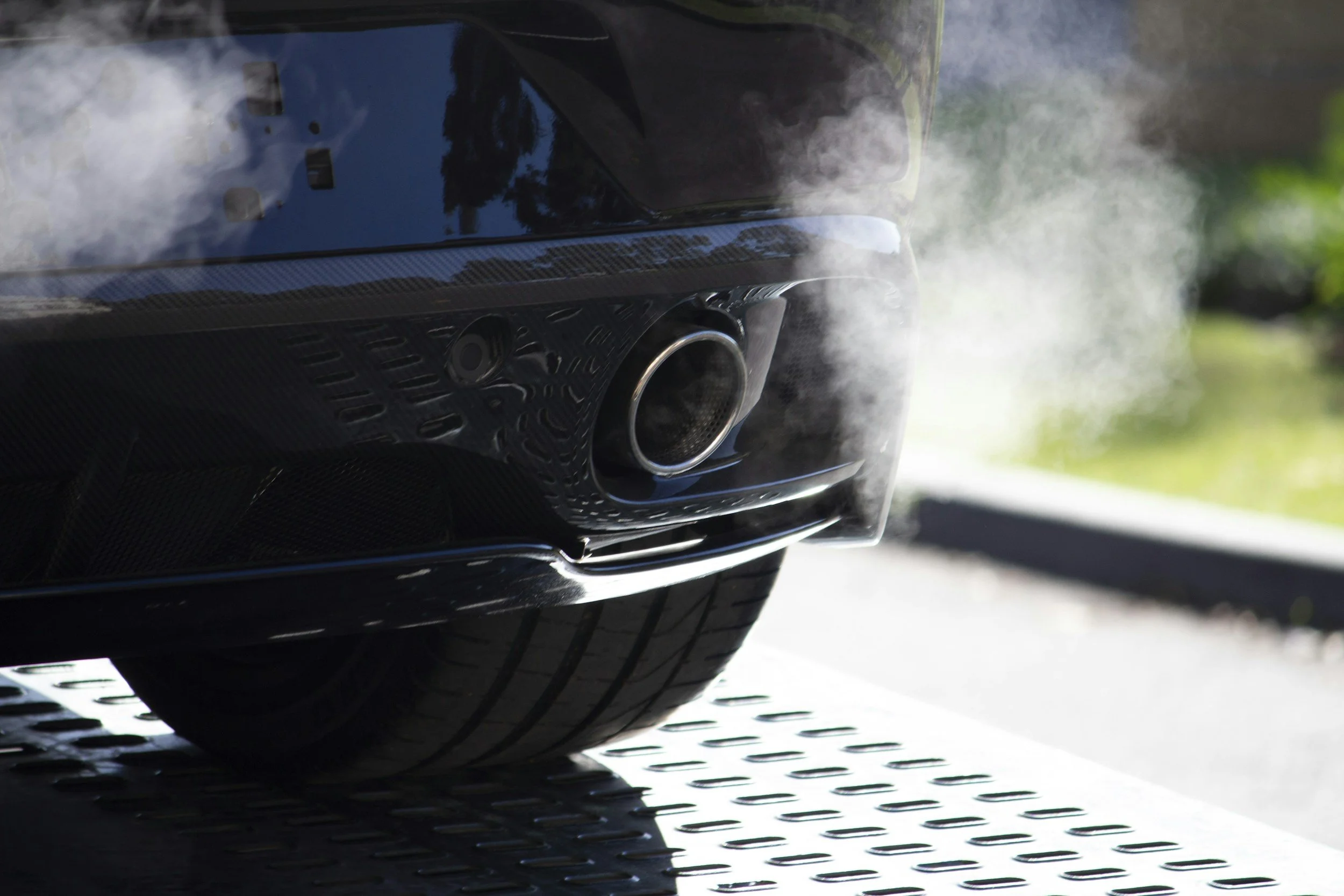
DPF and PPF Solutions
If you’re tired of reoccurring Diesel Particulate Filter (DPF) and Petrol Particulate Filter (PPF) faults. It might not be as simple as a regeneration.
So What is a DPF or PPF?
Many companies offer quick solutions that only last weeks maybe even days. Here at BlackMountain UK we find the underlying fault and resolve any issues. Meaning you don’t have to dread the unknown.
Diesel Particulate Filter
A Diesel Particulate Filter (DPF) is fitted in the exhaust of modern diesel vehicles to trap soot and tiny particles produced during combustion. Here's what you need to know:
-
Captures harmful particulate matter (PM2.5/PM10), dramatically reducing smoke and pollution.
Helps diesel cars meet Euro‑5 and current emissions standards (mandatory since ~2009).
-
Passive: High‑temperature motorway driving burns off soot naturally.
Active: ECU injects extra fuel to heat the filter when soot builds up (~45%).
Forced: A garage can manually clean or regenerate if clogging occurs.
-
Short trips prevent proper regen, risking clogging and engine damage.
Removing or tampering with it is illegal in the UK, risks MOT failure and big fines (£1,000–£2,500).
Petrol Particulate Filter (sometimes called OPF/GPF)
A Petrol Particulate Filter, also known as a PPF, OPF, or GPF, is the equivalent for petrol (gasoline) engines. Although cars burning petrol emit fewer particulates than diesel, modern emission rules still require these filters.
-
Installed on turbocharged petrol cars to meet emissions regulations (e.g., Euro 6).
Works like a DPF: traps small soot particles and periodically regenerates via exhaust heat.
Usually less prone to clogging, as petrol engines run hotter and cleaner.
What You Should Do
For diesel drivers: Take a regular 30-60 min run at motorway speeds (or fuel-fed regen) every few weeks to keep your DPF healthy
For petrol drivers: Don’t worry too much – PPFs generally regenerate normally during everyday driving.
Don’t tamper or remove: It's illegal and hazardous to health (for both filters)
If a warning light appears or regen isn’t happening, consult a specialist to check and, if needed, clean or replace the filter
Final Word
Both DPFs and PPFs are crucial for clean-air compliance. Diesel filters need extra care to avoid blockages, whilst petrol filters are more forgiving. Let us know if you’d like tips on how to maintain them, spotting warning signs, or when to seek help!

